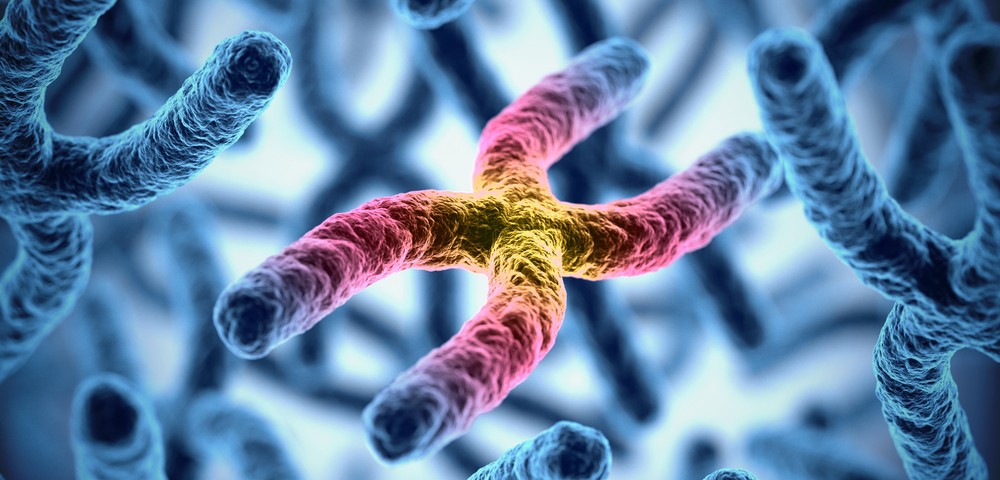Recent findings show there is a restricted high expression of telomerase activity in progenitor cells derived from patients with benign prostatic hyperplasia (BPH) who underwent transurethral resection of prostate. In the study “Telomerase Activity and Telomere Length in Human Benign Prostatic Hyperplasia Stem-like Cells and Their Progeny Implies the Existence of Distinct Basal and Luminal Cell Lineages,” published in the journal European Urology, researchers investigated the status of telomeres and telomerase activity in subpopulations of cells retrieved from TURP-treated BPH patients, and propose targeting these cells as a potential therapeutic strategy.
Benign prostatic hyperplasia (BPH) is a noncancerous enlargement of the prostate gland affecting approximately 80% of men over 80 years of age. Currently, this condition is estimated to affect over 210 million individuals throughout the world. BPH is thus caused by uncontrolled proliferation of cells in the prostate gland, but contrary to what is observed in cancer cells, telomerase, the enzyme that prevents telomere shortening, remains undetectable in BPH despite its high proliferative state. Telomeres are regions of repetitive DNA at the end of chromosomes that protect chromosomes from sticking to each other and are shortened upon every cell division. This shortening mechanism works as a molecular clock for cells, eventually leading to senescence and cellular death.
In this study, researchers investigated telomere status and telomerase activity in subpopulations of cells retrieved from BPH patients undergoing transurethral resection of the prostate (TURP), a surgical procedure where part of the prostate gland is removed. TURP is used as a treatment for BPH. The team evaluated telomeres and telomerase activity in specific populations of cells within the prostate gland, including human BPH-derived stem-like cells, transit amplifying cells, committed basal cells, luminal and stromal cells purified from BPH tissues. Researchers discovered that stem-like cells and basal/luminal progenitor cells are the only cell types expressing high levels of telomerase activity.
The authors highlight that, based on these results, locally inhibiting telomerase in BPH could work as a potential therapeutic strategy to inhibit the proliferation of both luminal and basal epithelial cell progenitors. Targeting progenitors cells with telomerase inhibitors, such as Imetelstat (Geron Corp, Menlo Park, CA, USA), could block their function as a reservoir for epithelial cells’ proliferation in BPH.

